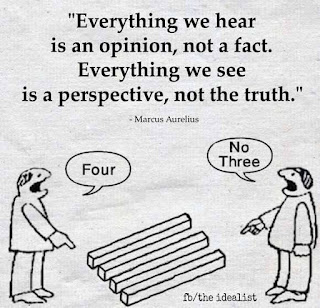By Parthivi Mariwala
20 June 2022
On this day we visited Mitrovica. This is a city in the northern region of Kosovo that borders Serbia and is divided by a bridge that separates Kosovo's Albanian population in the South and the Serb-dominated area in the North. The bridge symbolizes the division in the people after the 1999 violence and physically divides the city and ethnicities. This division between North Mitrovica and South Mitrovica expands beyond the physical realm. We heard from the New Social Initiative, a think-tank in North Mitrovica, that more than one-third of the Kosovar-Serbian population avoids crossing the bridge out of fear. The bridge represents the mental division of the people living in Kosovo. The two populations speak different languages- Serbian and Albanian- have different currencies, and one of the most predominant divisions is different educational systems--all of which reinforces the polarizing dynamic. The hundred dinars in my pocket became obsolete as we crossed the bridge. This bridge, and thus Mitrovica, represents the grey area where Kosovo stands, as an independent nation and a part of Serbia simultaneously. The Italian Carabinieri has posts on either side of the bridge as patrols, part of the international presence that is now daily life in Kosovo. Thus, it is essential to understand the roots of the anxiety from both sides. This is a multi-layered and complex dynamic where organizations must simultaneously focus on several levels and issues.
 |
| Bridge dividing Mitrovica |
 |
|
View from
the Bridge, with North Mitrovica on the left and South Mitrovica of the right
|
Kosovar's future is complex, and it is important to differentiate between past and present dialogues. The past holds the impact of the war memory. Whereas, in the present, the country struggles with the economic instability and unemployability of the youth that overpowers past grievances. This is also amplified by the stories told by their families, imprinting different histories onto the youth, and carrying on the fear. Thus, there is a stark difference between older people and youth. What does this mean for reconciliation efforts? For Kosovo, NGOs and governmental institutions must look into the future while creating space for the past. I believe this starts by facilitating dialogue as a small step in bridging the gap between the two communities.







